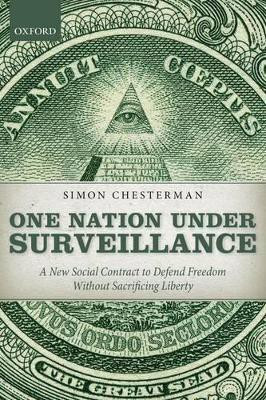One Nation Under Surveillance(English, Paperback, Chesterman Simon)
Quick Overview
Product Price Comparison
What limits, if any, should be placed on a government's efforts to spy on its citizens in the interests of national security? Spying on foreigners has long been regarded as an unseemly but necessary enterprise. Spying on one's own citizens in a democracy, by contrast, has historically been subject to various forms of legal and political restraint. For most of the twentieth century these regimes were kept distinct. That position is no longer tenable. Modern threats do not respect national borders. Changes in technology make it impractical to distinguish between 'foreign' and 'local' communications. And our culture is progressively reducing the sphere of activity that citizens can reasonably expect to be kept from government eyes.The main casualty of this transformed environment will be privacy. Recent battles over privacy have been dominated by fights over warrantless electronic surveillance or CCTV; the coming years will see debates over data-mining and biometric identification. There will be protests and lawsuits, editorials and elections resisting these attacks on privacy. Those battles are worthy. But they will all be lost. Modern threats increasingly require that governments collect such information, governments are increasingly able to collect it, and citizens increasingly accept that they will collect it.The point of this book is to shift focus away from questions of whether governments should collect information and onto more problematic and relevant questions concerning its use. By reframing the relationship between privacy and security in the language of a social contract, mediated by a citizenry who are active participants rather than passive targets, the book offers a framework to defend freedom without sacrificing liberty.


